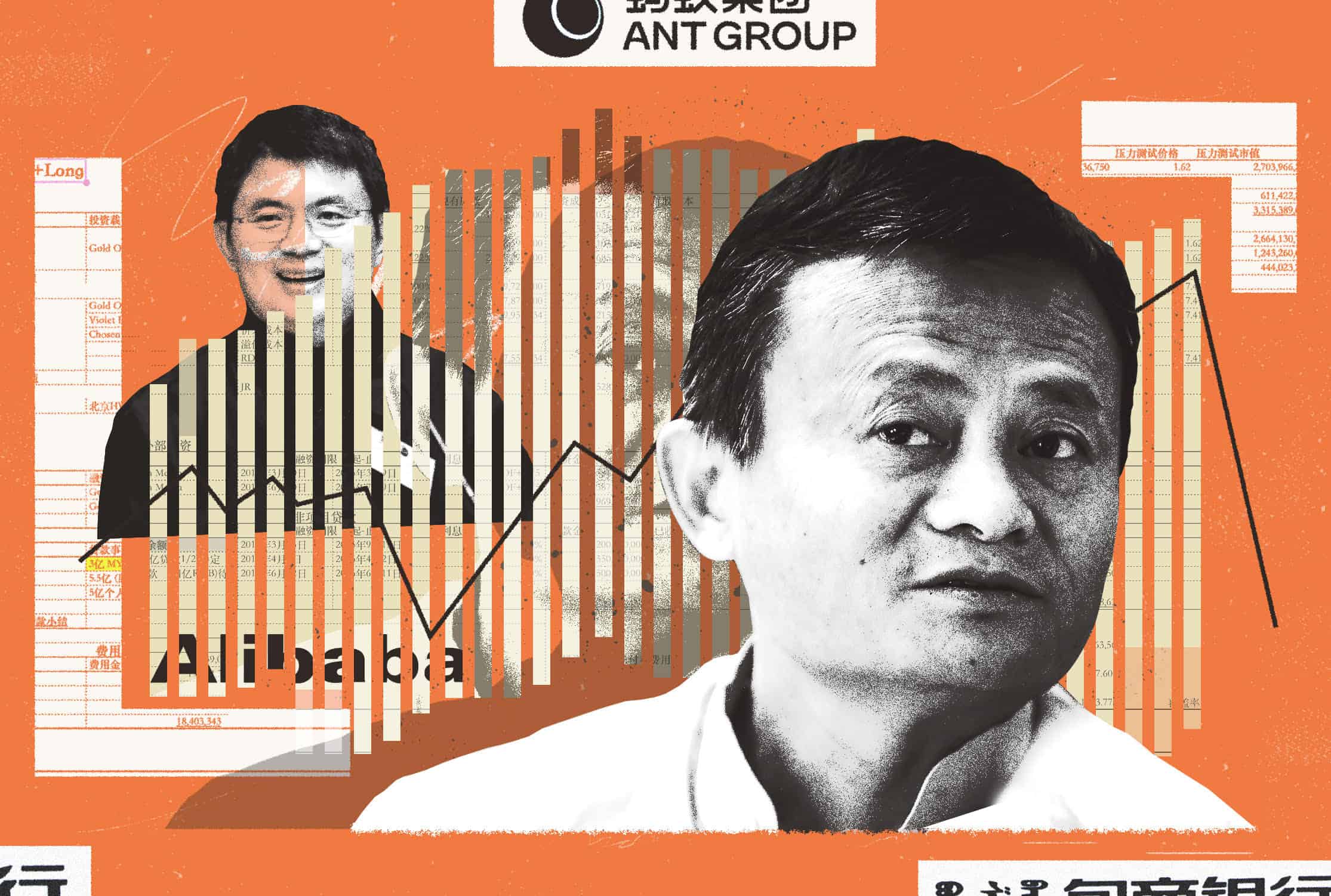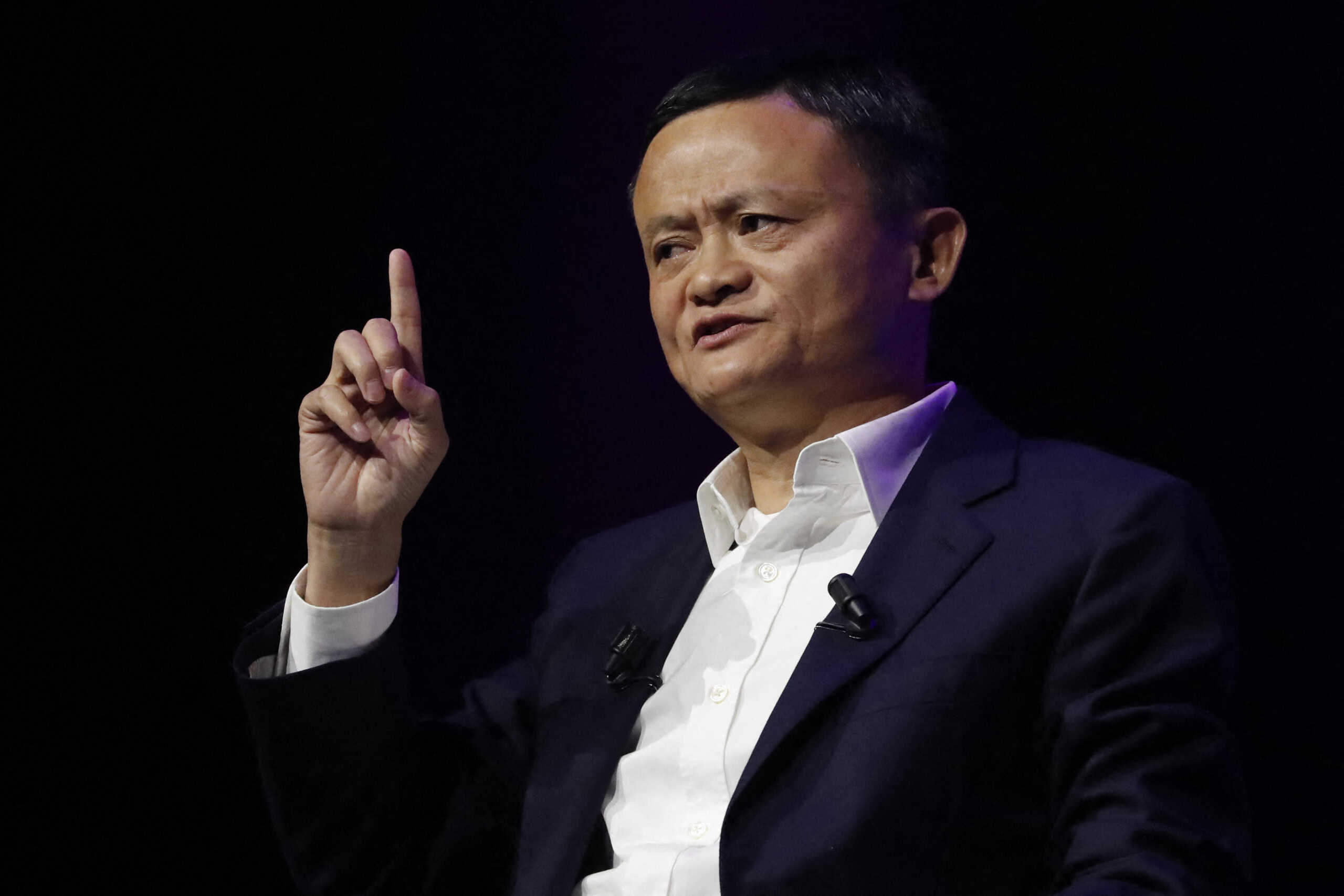Good Morning. Welcome to The Wire’s daily news roundup. Each day, our staff gathers the top China business, finance, and economics headlines from a selection of the world’s leading news organizations.
The Wall Street Journal
Global Stocks Waver While China Rally Powers Ahead — International stocks mostly edged lower while mainland Chinese shares extended a winning streak for a seventh consecutive day.Chinese Tech Firms Get Trading Boost From Hong Kong Listings — Hong Kong is be
Navigate China's Business Landscape with Confidence.
- Gain visibility into supplier risks
- Easily manage trade compliance
- Conduct in-depth due diligence




